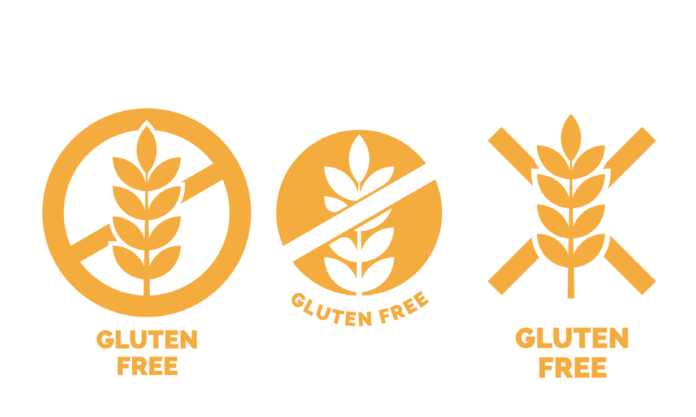A. Alice H. Lichtenstein, DSc, a nutrition professor at the Friedman School and executive editor of Tufts Health & Nutrition Letter, answers: “The short answer is no.
“Gluten is a protein found in wheat, barley, and rye. In people with the autoimmune condition celiac disease, gluten damages the lining of the intestines, leading to malabsorption and potentially serious health consequences. People who report adverse reactions like stomach pain, diarrhea, fatigue, headache, brain fog, and skin conditions when they consume gluten but test negative for celiac disease may have non-celiac gluten sensitivity. There is no reason for people who do not have celiac disease or gluten sensitivity to avoid gluten in their diets.
“That said, if avoiding gluten means people stop eating products made with refined flour (like cakes, cookies, crackers, and white bread) and replace them with gluten-free whole grain products, nuts/seeds, legumes, vegetables, and fruits, there will be a nutritional benefit. Unfortunately, that is not usually what happens. The popularity of the gluten-free diet has led to a boom in gluten-free refined products, such as crackers made from white rice flour and gluten-free high-sugar cookies and cakes. These products are neither nutritious nor health-promoting choices. In fact, wheat flour is required to be enriched with nutrients that are stripped away in the refining process, including iron, riboflavin, niacin, and thiamine, as well as folic acid. Flours made from refined gluten-free grains are not necessarily enriched.
“A gluten-free diet that makes use of processed gluten-free foods offers no nutritional or health benefit to someone who does not have a medical need to follow such a diet.”
























